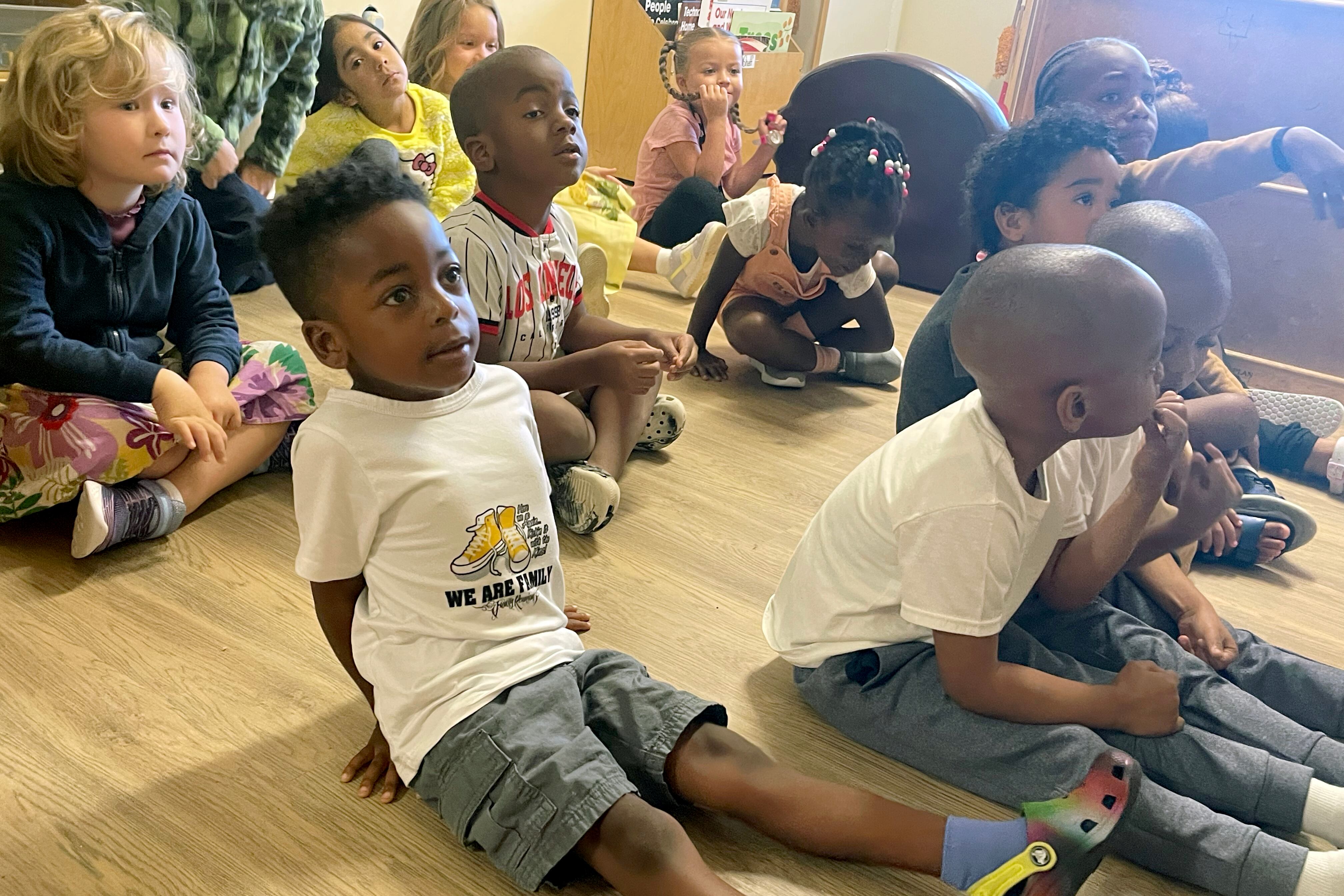Many parents of 3-year-olds with risk factors won’t have to fill out Colorado’s universal preschool application to secure a seat for the 2024-25 school year.
Instead, they’ll apply this spring through their local school districts.
The change could make it simpler for thousands of families to apply for tuition-free preschool — cutting out one of the steps that was previously required. The new rule will apply to 3-year-olds who come from low-income families, are learning English, are homeless, or are in foster care.
School districts asked for the change, according to a spokesman for the Colorado Department of Early Childhood, which runs the new $322 million universal preschool program. Many district leaders expressed frustration about the state application during last year’s rollout, saying it caused confusion and kept some preschoolers from being properly placed.
Families whose 3-year-olds have special education plans, often called Individualized Education Programs or IEPs, will still have to complete the state’s online application this year. State officials say that’s because preschool for 3-year-olds with disabilities is funded differently than it is for other 3-year-olds and the state application allows the proper funding source to be tapped.
Colorado’s universal preschool program launched in August and serves about 39,000 4-year-olds and 10,000 3-year-olds. Most 4-year-olds get 15 hours of free preschool a week, but some with greater needs get 30 hours. This age group is served in both public school classrooms and private preschools.
Most 3-year-olds — those two years away from starting kindergarten — get 10 hours a week and are generally served in public school classrooms. This year, about one-third of 3-year-olds have special education plans. The rest qualify for tuition-free preschool because they come from low-income families or have one of the other three risk factors.
The state’s universal preschool application opens on Feb. 29 this year. Families of 4-year-olds — those who will start kindergarten in the fall of 2025 — and families of 3-year-olds with special education plans can fill it out starting then.
Parents whose 3-year-olds don’t have a special education plan but may qualify for free preschool for other reasons should contact their school district to find out how the application process works.
Parents who worry that their 3-year-old may have a speech, learning, or developmental delay should contact Child Find, a state program that screens children suspected of having a disability. Check this list for Child Find coordinators by region.
Ann Schimke is a senior reporter at Chalkbeat, covering early childhood issues. Contact Ann at aschimke@chalkbeat.org.








